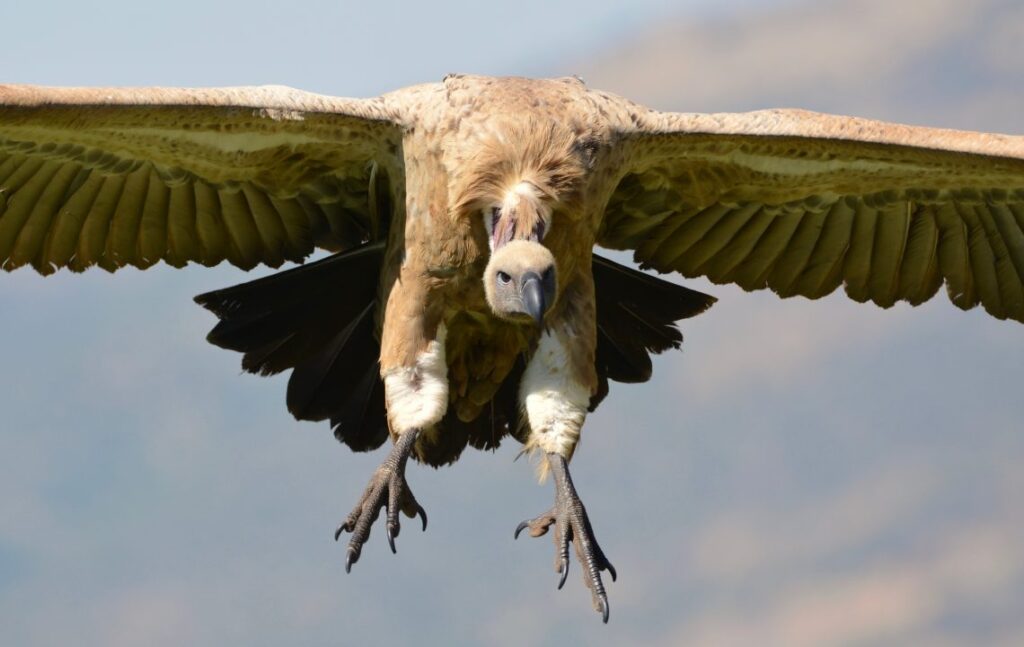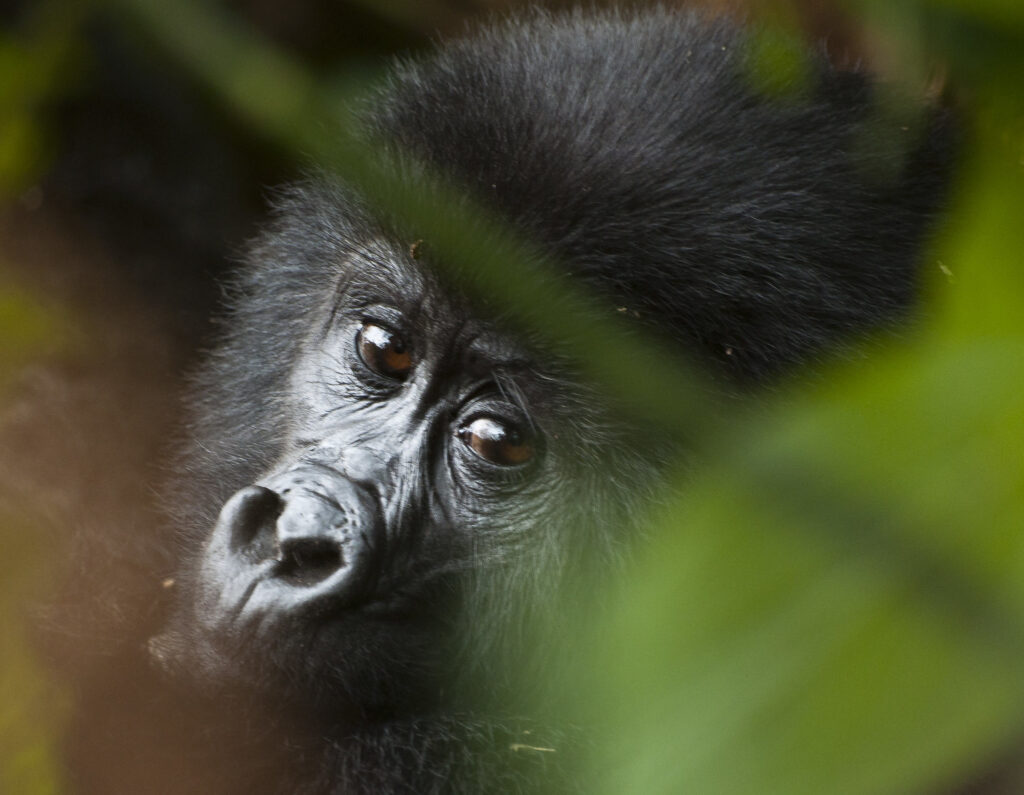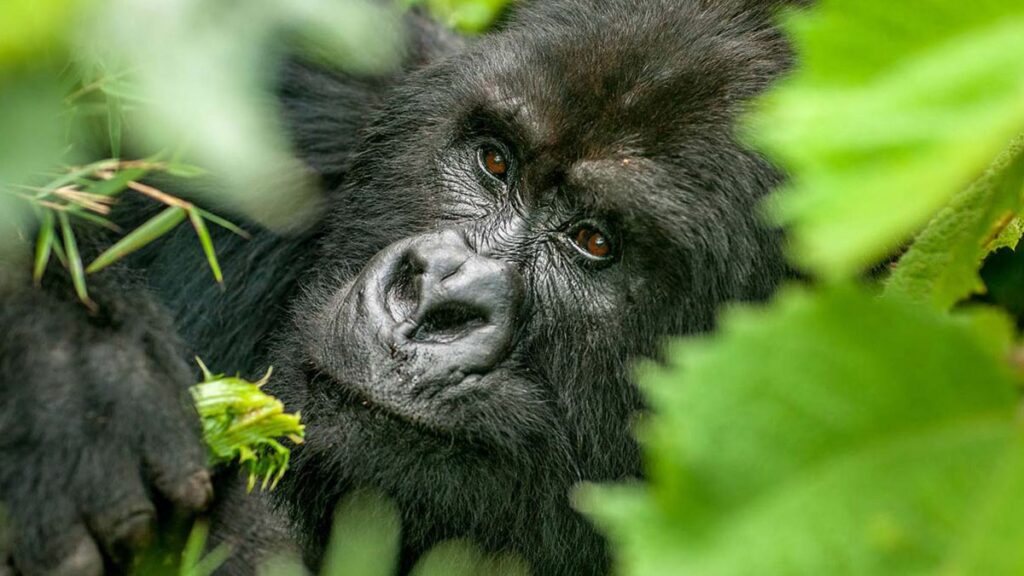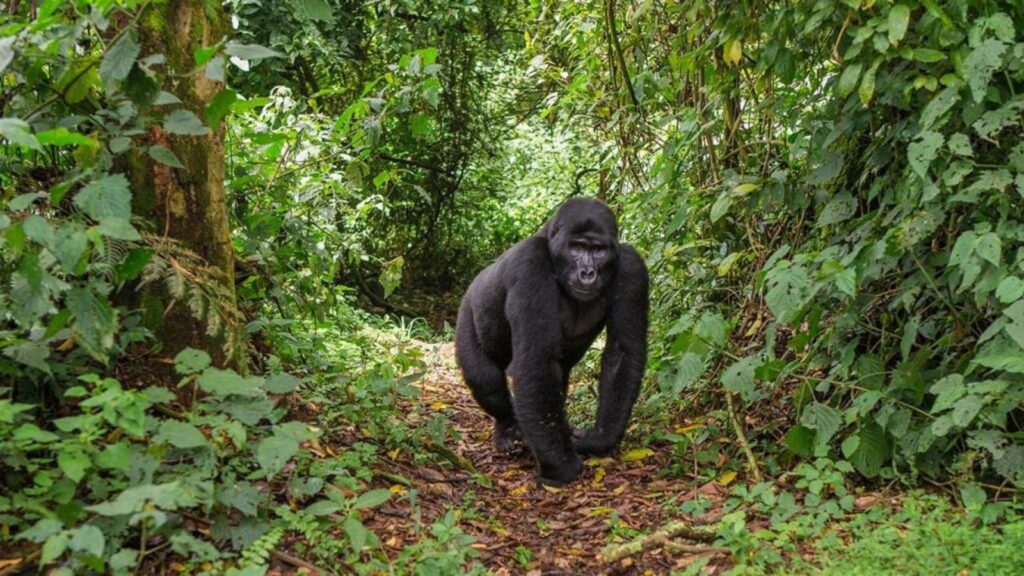5 Fascinating Facts About Vultures
African vultures. Vultures are often misunderstood and underappreciated, yet they play a critical role in Africa’s ecosystems. Known for their scavenging habits, these birds clean up carcasses and help prevent the spread of disease. Their keen eyesight, soaring flight, and specialized adaptations make them fascinating creatures. Here are five fascinating facts about vultures.

-
Nature’s Cleanup Crew
Vultures primarily feed on carrion — the remains of dead animals. By consuming decomposing flesh, they prevent the spread of harmful bacteria and diseases like anthrax and rabies, maintaining the health of the ecosystem.
-
Exceptional Eyesight and Flight
Vultures have extraordinary vision, allowing them to spot carcasses from miles away while soaring high above the ground. Their broad wings and lightweight bodies enable them to glide effortlessly for hours, conserving energy while searching for food.
-
Unique Digestive System
Vultures have highly acidic stomachs that can digest rotten meat and kill dangerous pathogens. This adaptation allows them to safely consume meat that would be lethal to most other animals.
-
Social Birds with Complex Behavior
Many vulture species are highly social, feeding in groups and often circling together when spotting a carcass. They communicate with body movements and calls, and some species even show cooperative feeding behaviors to access food.
-
Facing Threats and Decline
Despite their ecological importance, vultures are among the most threatened birds in Africa. Poisoning, habitat loss, and hunting have caused dramatic population declines. Conservation programs, including anti-poison campaigns and vulture restaurants, aim to protect these vital scavengers.
Conclusion
Vultures are more than grim scavengers — they are essential guardians of Africa’s ecosystems. Their unique adaptations, social behaviors, and role in disease prevention make them truly fascinating. Protecting these birds is not only vital for biodiversity but also for the health of the environments they help maintain.




